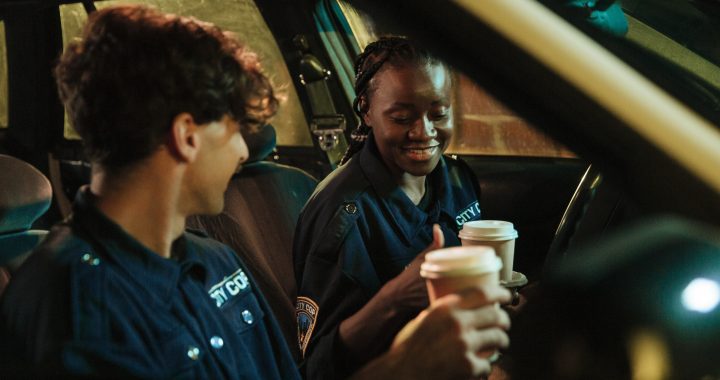One might not think that the brilliant police dramas from the late director Sidney Lumet would have relevance in today’s era of cancel culture and social media, but really nothing could be further from the truth. For the fact is that everything today tends to be cloaked in a blanket of black and white. This person is a hero, and this one is a villain, with little space in between the two. If someone is judged to be a villain, that is what they are, with very little middle ground left for long-term reflective judgment, and once someone comes to inhabit this particular category, their actions, except those which continue to define them as being morally corrupt, are often rendered to be pretty much obsolete.
That is, once social media has pinned the proverbial scarlet letter on someone, that it seems is where they will tend to stay regardless of further circumstances. The recent movie Tar with Cate Blanchett appeared to be a significant example of this; with a talented conductor of classical music having her life veritably destroyed by her past indiscretions with various members of her orchestra. However, contrary to this sort of finality, the real truth tends to be that navigating such a world of ethical conundrums can be more of an adventure in navigating a precarious hall of mirrors in which there are no easy answers. In fact, two films from some forty years ago by Lumet, police dramas to be exact, depict this potential search for salvation brilliantly.
In Serpico, from 1973, New York City detective Frank Serpico, played brilliantly by Al Pacino, refuses to take pay-off money from criminals and other nefarious characters that the officers he works with take regularly. Consequently, they become deeply suspicious of him, and so his safety and even his life are put in peril. After reporting an attempted bribe to a high-ranking investigator as a young police officer, he is laughed at and simply told to keep the money. After reporting this sort of corruption to other superiors regularly, that which he soon finds is rampant within the department, the word gets out on him, and eventually he is shot in the face during a drug bust when the policemen with whom he is working fail to protect him.
In 1981’s Prince of the City, starring the late Treat Williams in another iconic role, narcotics detective Danny Ciello, played by Williams, is part of an elite New York City unit who are given wide latitude to make cases against defendants, but who at the same time are involved in various illegal practices, such as skimming money from criminals and supplying informants with drugs for their cooperation. Eventually, after being approached by a federal prosecutor who is investigating police corruption, Ciello finds that his conscience about the activities in which he and his partners are involved begins to really bother him, and so he begins to report many of the illegal activities in which he has seen while on the job, eventually crossing a line he had told federal investigators he would never cross, That is, naming his partners who are likewise his best friends.
What might be so deeply relevant in these two films relative to today’s Internet cancel culture climate is how easy answers these days seemed to have entirely disappeared from view. That is, rather than move through the labyrinth of moral complexities which Frank Serpico and Danny Ciello had to negotiate – one where friends can soon become enemies and enemies can soon become friends – we seem to be adopting a one size fits all definition of our moral quandries, rather than face the gruesome reality that we might not be able to face other people as the person we really are; and so we often, rather than allowing social media to come after us, hide from others in going along with the conformist line in various situation, one that we know will significantly protect us from the merciless nature of cancel culture.
More than anything, what makes these two movies so important is that they allow true heroism to exist within a web of moral complexities, one in which the hatred of others who used to be one’s friends might be coming down on them. Right up to the end of both movies, Frank Serpico and Danny Ciello remained highly uncertain of what they were doing. Yet at the same time, they recognized that they owed it to themselves and to those people they cared about to plunge ahead anyway.
